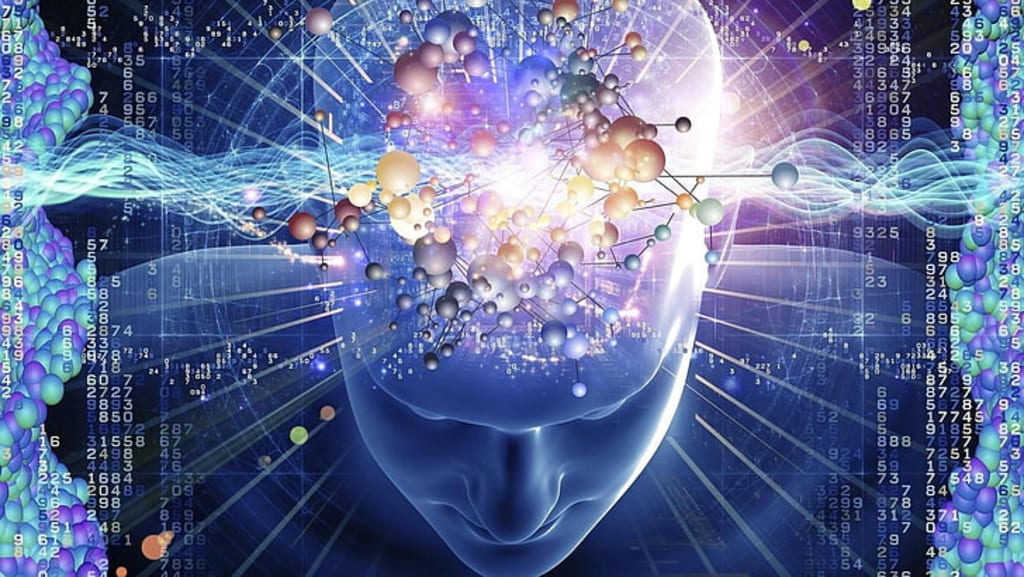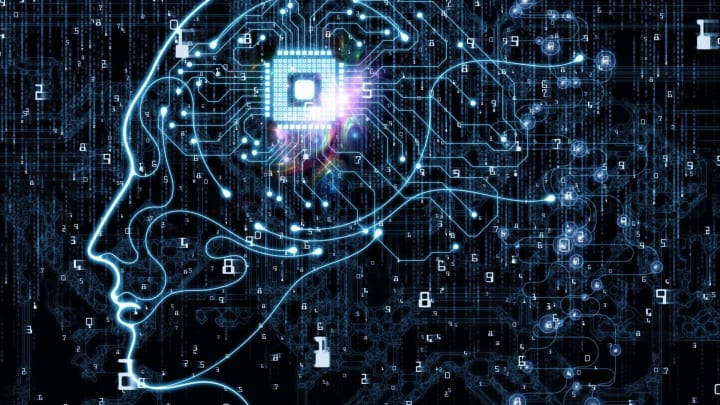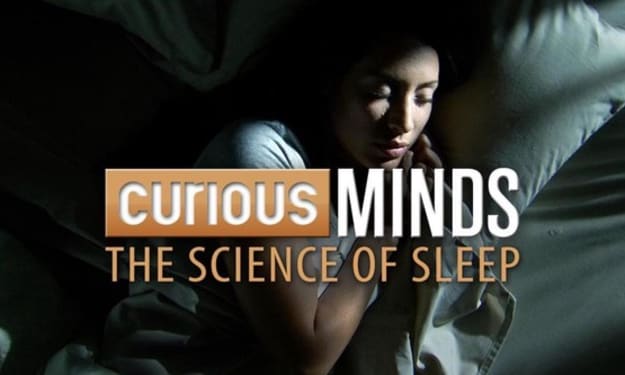The Human Brain
Unraveling the Mysteries of Our Most Complex Organ

The most intricate and enigmatic organ in the human body is the brain. It has been the focus of scientific inquiry for centuries and serves as the administrative centre for our ideas, feelings, and actions. There is still a lot we don't know about this amazing organ despite the significant advancements made in our understanding of it. In this piece, we'll look at a few of the mysteries surrounding the human brain and the ongoing investigation into its workings.
The tremendous flexibility of the human brain is one of its most intriguing features. This is a reference to the brain's capacity to adapt to new experiences and stimuli. For instance, your brain will physically alter as a result of learning a new ability, such as playing an instrument or speaking a foreign language. This is because the neurons in your brain will create new connections and pathways that will improve how well you use the new ability.
The tremendous energy usage of the human brain is another unsolved question. The brain consumes 20% of our body's energy although making up only 2% of our total weight. The brain uses a lot of energy, even while we sleep, as a result of its continual activity. Millions of neurons shooting information back and forth throughout the brain create every idea, emotion, and action that we are aware of.
Understanding how the brain develops consciousness is one of the enduring problems in neuroscience. It is believed that consciousness, or our subjective perception of the world around us, results from the firing of neurons in the brain. We still don't completely comprehend how this mechanism functions, despite decades of research. Some scientists postulate that consciousness may derive from intricate connections between various brain areas, while others propose that it may come from quantum processes occurring at the subatomic level.
The extraordinary resiliency of the human brain is another unsolved wonder. Even when it has been seriously affected, the brain has an incredible capacity for recovery from harm. For instance, via intense therapy and rehabilitation, stroke patients might be able to regain all or part of their lost motor function. Similar to this, people who have suffered severe brain injuries could eventually be able to recover fundamental abilities and restore their independence.

Despite the numerous unanswered questions surrounding the human brain, scientists are steadily progressing in their quest to understand it. Technological developments like electroencephalography (EEG) and functional magnetic resonance imaging (fMRI) have made it possible for researchers to investigate the brain in unprecedented depth. This has sparked fascinating new research into the anatomy and physiology of the brain and created fresh opportunities for the treatment of neurological conditions.
As an illustration, scientists are now looking at the use of deep brain stimulation (DBS) as a cure for ailments including Parkinson's disease and depression. Deep brain stimulation (DBS) involves implanting electrodes into the brain and utilising electrical impulses to activate certain areas. Patients' quality of life may be enhanced and symptoms may be lessened as a result.
In conclusion, the human brain is a wonderful and enigmatic organ, and our knowledge of its structure and function is continually expanding. There is still a lot we don't know about this complicated organ, from its remarkable adaptability to its power to develop awareness. But because to continued research and technological advancements, we are slowly but surely unlocking the secrets of the human brain and laying the groundwork for novel therapies and treatments for neurological illnesses and diseases.
About the Creator
Honey Rajpoot
Connected to information.
Enjoyed the story? Support the Creator.
Subscribe for free to receive all their stories in your feed. You could also pledge your support or give them a one-off tip, letting them know you appreciate their work.






Comments
There are no comments for this story
Be the first to respond and start the conversation.